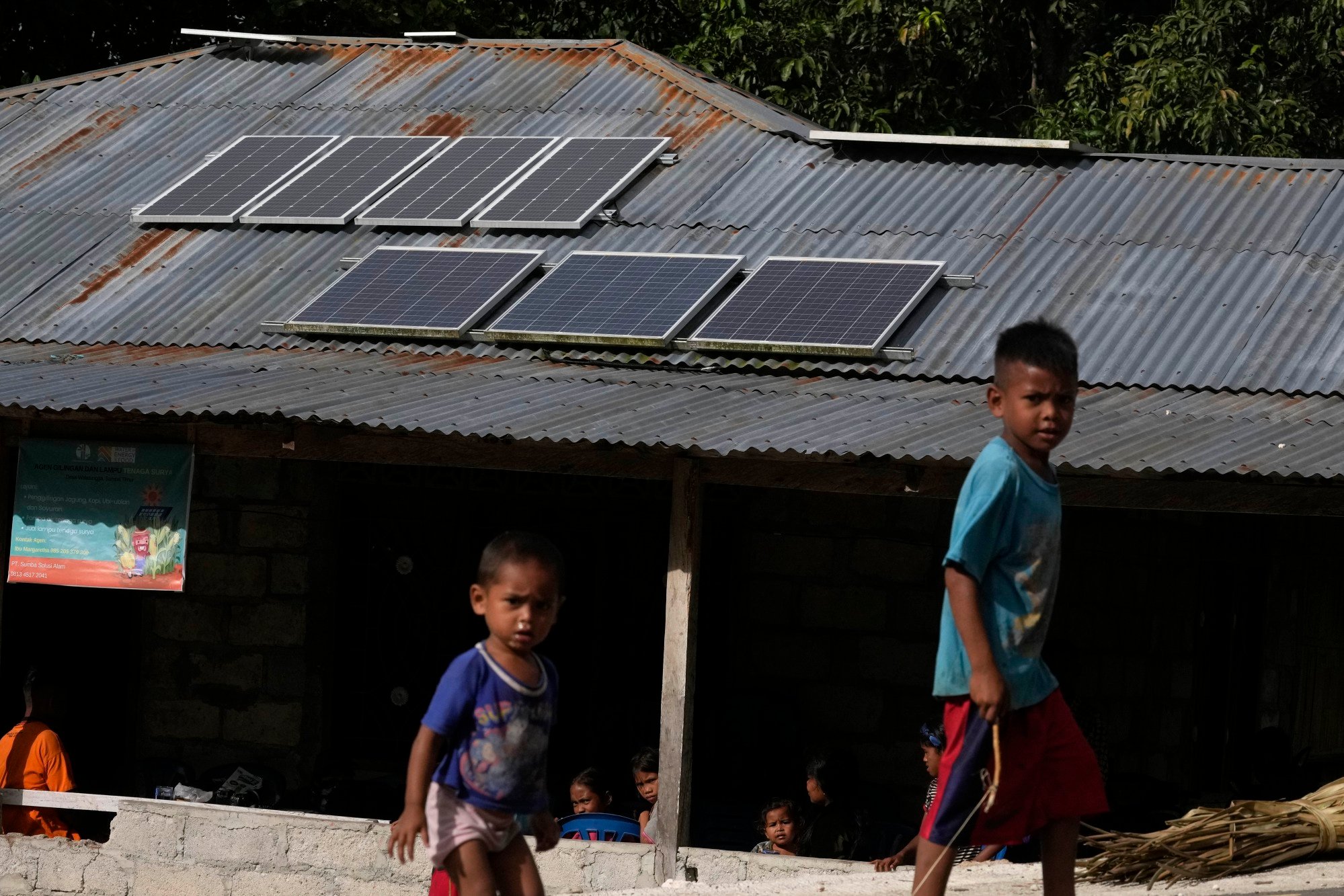China-backed Asian Infrastructure Investment Bank (AAIB) has surpassed a goal for financing climate-change projects two years ahead of schedule and will continue to ramp up such lending, focusing on projects with private sector participation and in the Association of Southeast Asian Nations (Asean) region, according to its president.
Around 20 per cent of the more than US$50 billion of financing AIIB has approved to date went to the Asean, the union of 10 states that is home to more than 600 million people, according to Jin Liqun. However, the amount is insufficient, he added.
“Asean nations need to go a step further to strengthen connectivity and ramp up efforts to finance climate change mitigation and adaptation projects,” he said on Tuesday after delivering a keynote speech to the 16th Asean & Asia Forum in Singapore. “We are very much supporting Asean countries in their economic integration to strive for sustainable development and combat climate change.”
Do you have questions about the biggest topics and trends from around the world? Get the answers with SCMP Knowledge, our new platform of curated content with explainers, FAQs, analyses and infographics brought to you by our award-winning team.
Indonesia accounts for just over half of AIIB’s financing to Asean nations, while Vietnam has shown strong interest in strengthening collaboration with the bank, he said.
Beijing-headquartered AIIB, the world’s second largest multilateral development bank, has 109 members and US$100 billion of capital. It provided US$3.43 billion in climate financing last year, or 60 per cent of its financing approvals. This compares with US$2.39 billion and 56 per cent in 2022, when it surpassed a 2025 target of 50 per cent, set in 2021.
The bank’s climate-oriented lending should continue to increase given the urgency of the crisis and the financing gap, Jin said. He declined to provide a new target, stressing that AIIB’s objective is to improve the effectiveness of its financing.
While likely to exceed US$300 billion for the first time this year, clean energy spending in developing economies outside China remains far below what is required due to high capital costs, the International Energy Agency said in a report last month.
Earlier this month, AIIB’s board approved a new lending initiative based on climate policy. It aims to provide an incentive for nations to improve their regulatory environments for climate financing to achieve net zero emissions.
The first loan under this policy, approved in June, was a US$400 million facility to Bangladesh. The nation will implement policy and institutional reforms to induce investments in agriculture, water resources, urban development, transport and energy projects that promote sustainable, resilient and inclusive growth.
AIIB has discussed similar financing with India, Indonesia and some central Asian nations, to help them create conditions to better attract private sector funding, Jin said.

“In many cases, the macroeconomic and regulatory environment is not conducive to mobilising private sector financing for climate mitigation and adaptation, so we need to improve the ecosystem of the country,” he said. The process is not just about providing a cheque, but providing policy and budget support, he said. “We have clear objectives to achieve.”
Jin called on nations to put aside protectionism and national interests at the global climate talks slated for Baku, Azerbaijan, in November.
“We should push back on geopolitical fragmentation,” he said. “Only through international cooperation ... and ramping up our efforts will it be possible for us to achieve net zero emissions and put an end to the worsening [climate] situation.”
Early this month, AIIB announced that vice-president for policy and strategy Danny Alexander, who joined the bank a month after it opened for business in 2016, will leave the bank in October to lead HSBC’s new infrastructure finance unit.
Over the next six months, AIIB will need to recruit talent to fill four vice-president positions as the terms of existing top executives end, Jin said. An executive search firm is helping AIIB screen the more than 100 applications.
More from South China Morning Post:
- Cop28: China-backed AIIB urges closer cooperation between private and public institutions to close climate funding gap
- Climate change: majority of China-backed development bank AIIB’s financing to go to mitigation and adaptation by 2025
- China-backed AIIB puts Russia and Belarus lending ‘on hold’ over war in Ukraine
- HSBC’s new infrastructure finance unit to be led by ex-UK politician Danny Alexander
- China-backed Asian Infrastructure Investment Bank won’t create ‘debt trap’ for borrowers, chief says
For the latest news from the South China Morning Post download our mobile app. Copyright 2024.





